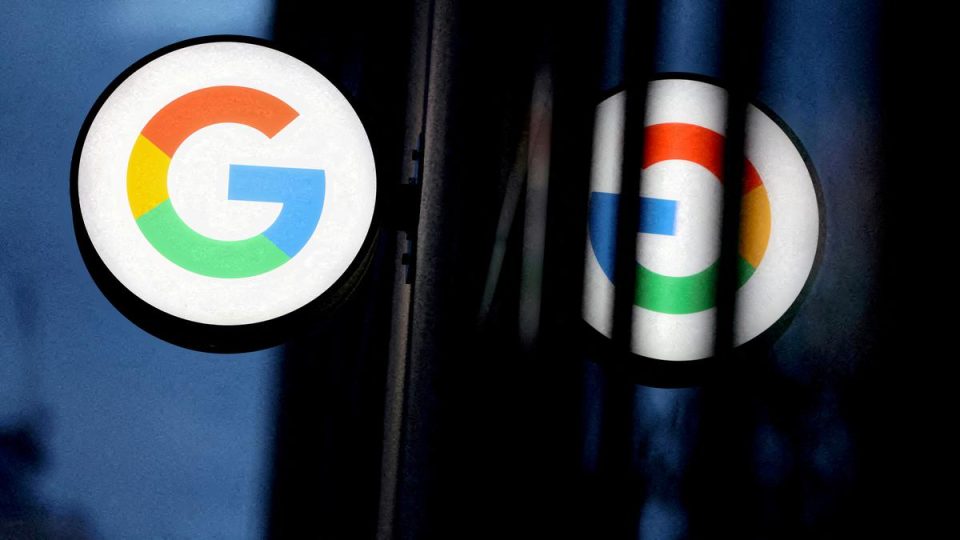Tech giant Google on April 17 withdrew the Supreme Court’s order against the National Company Law Appellate Tribunal (NCLAT) for refusing to stay on the Competition Commission of India’s (CCI) fine of Rs 936 crore for alleged abuse of its dominance over its Play Store policies.
Google has already done so as it appealed the CCI’s order in NCLAT.
On October 25, 2022, the CCI penalised the tech giant for restricting app developers from using third-party billing or payment processing services to purchase apps in the Google Play Store for in-app billing. The Google Play Store is a digital distribution service operated and developed by Google where mobile applications can be downloaded.
CCI said that app developers’ access to the Play Store relies on the mandatory use of the Google Play Billing System (GPBS) for paid apps and in-app purchases, which constitutes imposing unfair conditions on app developers. The CCI argued that Google was following discriminatory practices by not using GPBS for its own app, YouTube.
The antitrust watchdog further said that imposing GPBS would disrupt incentives to innovate and the ability of payment processors and application developers. It is believed that implementing GPBS also denies market access to payment aggregators and app developers. Ultimately, the CCI concluded that Google’s practices resulted in it using its dominant position in the market for licensable mobile operating systems and app stores for the Android operating system to protect its position.
The Antitrust regulator directed Google to allow third-party billing or payment processing services for in-app purchases or app purchases. Google is directed not to discriminate against apps that use third-party billing or payment processing services. The CCI fined Google Rs 936.44 crore and ordered it to cease and desist for its anti-competitive practices on the Play Store.
 Live
Live

